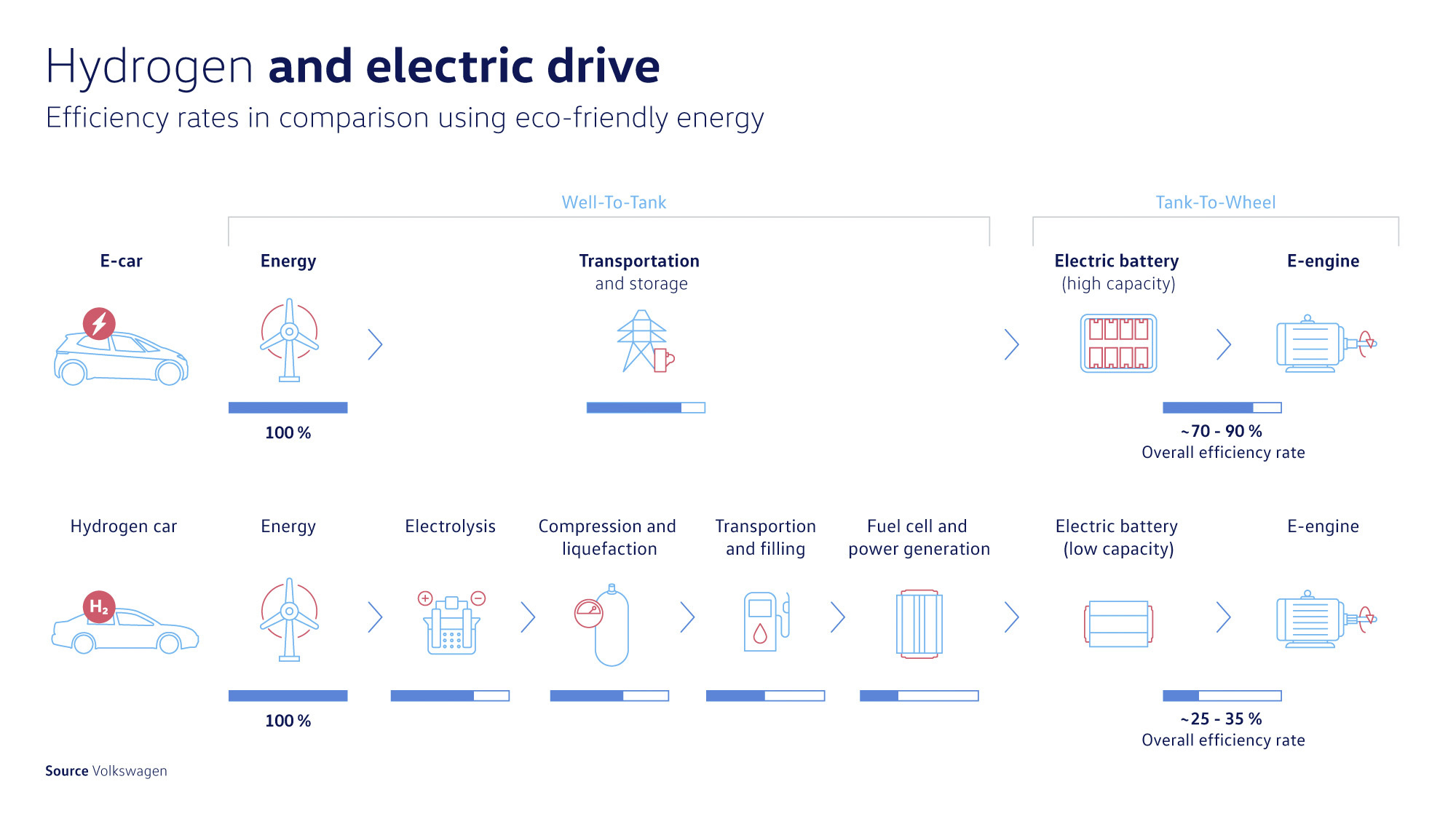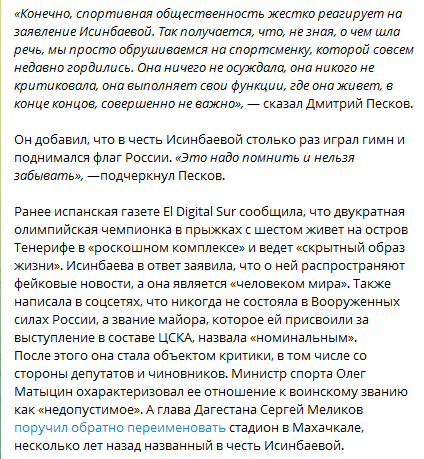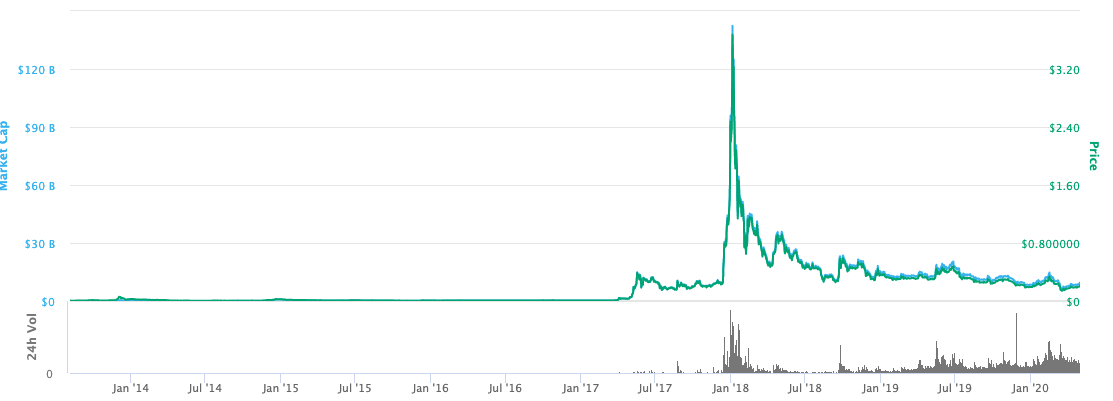The Future Of European Public Transport: Hydrogen Vs. Battery Buses

Table of Contents
Environmental Impact: A Green Comparison
The environmental performance of hydrogen and battery buses is a critical factor in their selection. A comprehensive lifecycle assessment is necessary, encompassing production, operation, and end-of-life disposal.
Greenhouse Gas Emissions
Assessing greenhouse gas emissions requires a nuanced understanding of the entire supply chain.
- Green Hydrogen: Producing hydrogen using renewable energy sources (electrolysis powered by wind, solar, or hydro) results in zero tailpipe emissions. Green hydrogen fuel cell buses offer a truly clean transportation solution.
- Grey Hydrogen: Conversely, hydrogen produced from fossil fuels (steam methane reforming) retains a significant carbon footprint, negating many environmental benefits. This “grey” hydrogen must be avoided for genuinely sustainable public transport.
- Battery Electric Buses: While battery electric buses have zero tailpipe emissions during operation, their production involves substantial energy consumption and material extraction, contributing to a carbon footprint. However, if charged using renewable energy, their overall lifecycle emissions become considerably lower.
- Emissions per Passenger Kilometer: Studies indicate that battery electric buses using renewable electricity sources generally have a lower lifecycle carbon footprint per passenger kilometer compared to hydrogen buses using grey hydrogen. However, green hydrogen buses could potentially outperform battery electric buses if renewable electricity sources are not consistently available for charging.
Air Pollution
Beyond greenhouse gas emissions, air quality in urban environments is paramount.
- Hydrogen Fuel Cell Buses: These buses produce only water vapor as a byproduct, significantly improving urban air quality and public health.
- Battery Electric Buses: While emitting no tailpipe pollutants, battery buses contribute to particulate matter through tire and brake wear. Minimizing this impact requires focusing on low-emission tire technology and efficient braking systems.
- Health Benefits: The shift towards either hydrogen or battery electric buses offers substantial health benefits by reducing exposure to harmful pollutants associated with diesel buses, leading to improved respiratory health and reduced cardiovascular disease.
Infrastructure and Costs: Building the Future
The infrastructure required for each technology significantly impacts its viability and cost-effectiveness.
Refueling Infrastructure
The availability of refueling infrastructure is a major constraint for hydrogen buses.
- Hydrogen Refueling Stations: The current network of hydrogen refueling stations in Europe is limited, requiring substantial investment to expand. This poses a considerable challenge for widespread adoption of hydrogen buses.
- Charging Infrastructure: Expanding the charging infrastructure for battery electric buses is significantly more cost-effective in the short term, leveraging existing electricity grids and readily available charging technologies.
- Geographical Challenges: The geographical distribution of population and bus routes presents challenges in efficiently deploying both hydrogen and charging infrastructure, particularly in rural areas.
Vehicle Costs and Operational Expenses
The initial investment and ongoing operating costs differ considerably between the two technologies.
- Initial Purchase Price: Hydrogen buses generally have higher initial purchase prices compared to battery electric buses.
- Operational Costs: Fuel costs for hydrogen are currently higher than electricity costs for battery buses, though this gap may narrow with technological advancements in hydrogen production. Maintenance and repair costs also need careful consideration.
- Long-Term Cost-Effectiveness: The long-term cost-effectiveness depends on several factors including fuel/electricity prices, battery replacement costs, and technological improvements. Life-cycle cost analyses are essential for informed decision-making.
Technological Maturity and Performance
Technological advancements significantly impact the range, refueling time, and overall performance of both bus types.
Range and Refueling Time
A key differentiator lies in range and refueling/charging time.
- Hydrogen Buses: These buses typically offer longer ranges and much faster refueling times than battery electric buses, making them suitable for longer routes and higher frequencies.
- Battery Buses: Battery electric buses are continuously improving, with advancements increasing range and reducing charging times. However, longer charging times remain a challenge compared to hydrogen refueling.
Technological Advancements
Ongoing research and development are crucial for both hydrogen and battery technologies.
- Fuel Cell Efficiency: Advancements in fuel cell technology are increasing efficiency and reducing costs.
- Battery Capacity: Improvements in battery technology are leading to higher energy densities, extended ranges, and faster charging capabilities.
- Potential Breakthroughs: Future breakthroughs could dramatically alter the cost-effectiveness and performance of both technologies, potentially shifting the balance between hydrogen vs. battery buses.
Conclusion
The decision regarding hydrogen vs. battery buses for European public transport is complex, demanding careful consideration of various factors. Battery electric buses currently offer a more mature and economically viable solution in many instances, particularly where robust charging infrastructure is already in place. However, hydrogen technology presents a compelling long-term option, especially for routes requiring extended ranges and rapid refueling capabilities. Investing in research, development, and strategic infrastructure planning for both technologies is critical for achieving a truly sustainable and efficient public transport system across Europe. A thorough assessment of the specific needs and circumstances of each region is paramount when choosing between hydrogen and battery buses.

Featured Posts
-
 Catch The Action Warriors Vs Blazers April 11th Game Time And Viewing Guide
May 07, 2025
Catch The Action Warriors Vs Blazers April 11th Game Time And Viewing Guide
May 07, 2025 -
 Simone Biles To Deliver Commencement Address At Washington University
May 07, 2025
Simone Biles To Deliver Commencement Address At Washington University
May 07, 2025 -
 Krikunov O Zaslugakh Ovechkina Mesto V Zale Slavy Iihf
May 07, 2025
Krikunov O Zaslugakh Ovechkina Mesto V Zale Slavy Iihf
May 07, 2025 -
 Charles Barkleys Controversial Cleveland Cavaliers Take
May 07, 2025
Charles Barkleys Controversial Cleveland Cavaliers Take
May 07, 2025 -
 Ripple Xrp Price Forecast Assessing The Path To 3 40
May 07, 2025
Ripple Xrp Price Forecast Assessing The Path To 3 40
May 07, 2025
Latest Posts
-
 Hollywood Production At Standstill Amidst Joint Actors And Writers Strike
May 08, 2025
Hollywood Production At Standstill Amidst Joint Actors And Writers Strike
May 08, 2025 -
 Activision Blizzard Acquisition Ftcs Appeal And Its Implications
May 08, 2025
Activision Blizzard Acquisition Ftcs Appeal And Its Implications
May 08, 2025 -
 Identifying Promising New Business Areas In Country Name
May 08, 2025
Identifying Promising New Business Areas In Country Name
May 08, 2025 -
 Memoir Incoming Cassidy Hutchinson Key Witness In The January 6th Hearings Shares Her Story
May 08, 2025
Memoir Incoming Cassidy Hutchinson Key Witness In The January 6th Hearings Shares Her Story
May 08, 2025 -
 Us Authorities Investigating Potential Antisemitic Bias In Anti Boeing Protests
May 08, 2025
Us Authorities Investigating Potential Antisemitic Bias In Anti Boeing Protests
May 08, 2025
